應(yīng)用/Industry
|
應(yīng)用領(lǐng)域

全國服務(wù)咨詢電話
18858753179
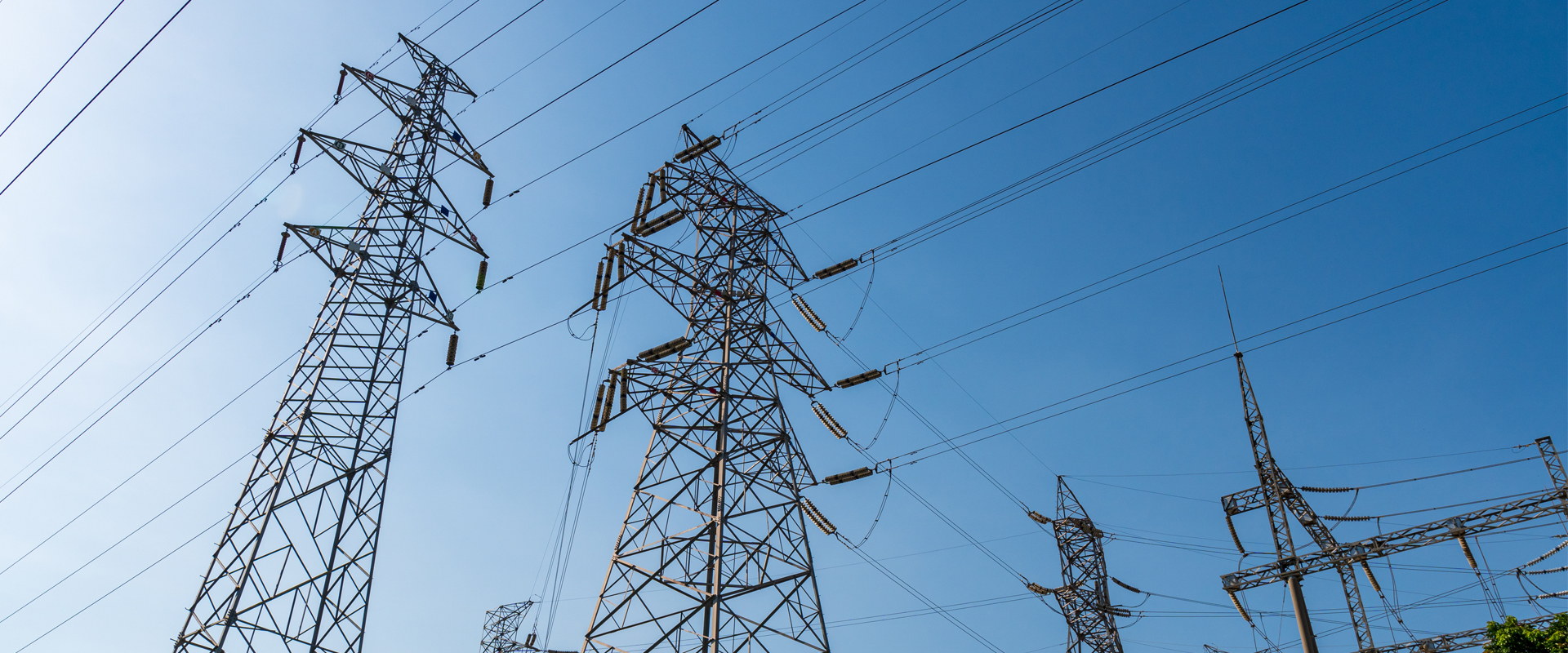
電力電網(wǎng) Electric power grid
電力系統(tǒng)中各種電壓的變電所及輸配電線路組成的整體,稱為電力網(wǎng)。它包含變電、輸電、配電三個單元。電力網(wǎng)的任務(wù)是輸送與分配電能,改變電壓。The overall system composed of various voltage substations and transmission and distribution lines in the power system is called the power grid. It consists of three units: power transformation, power transmission, and power distribution. The task of the power grid is to transmit and distribute electrical energy and change voltages.
了解詳情
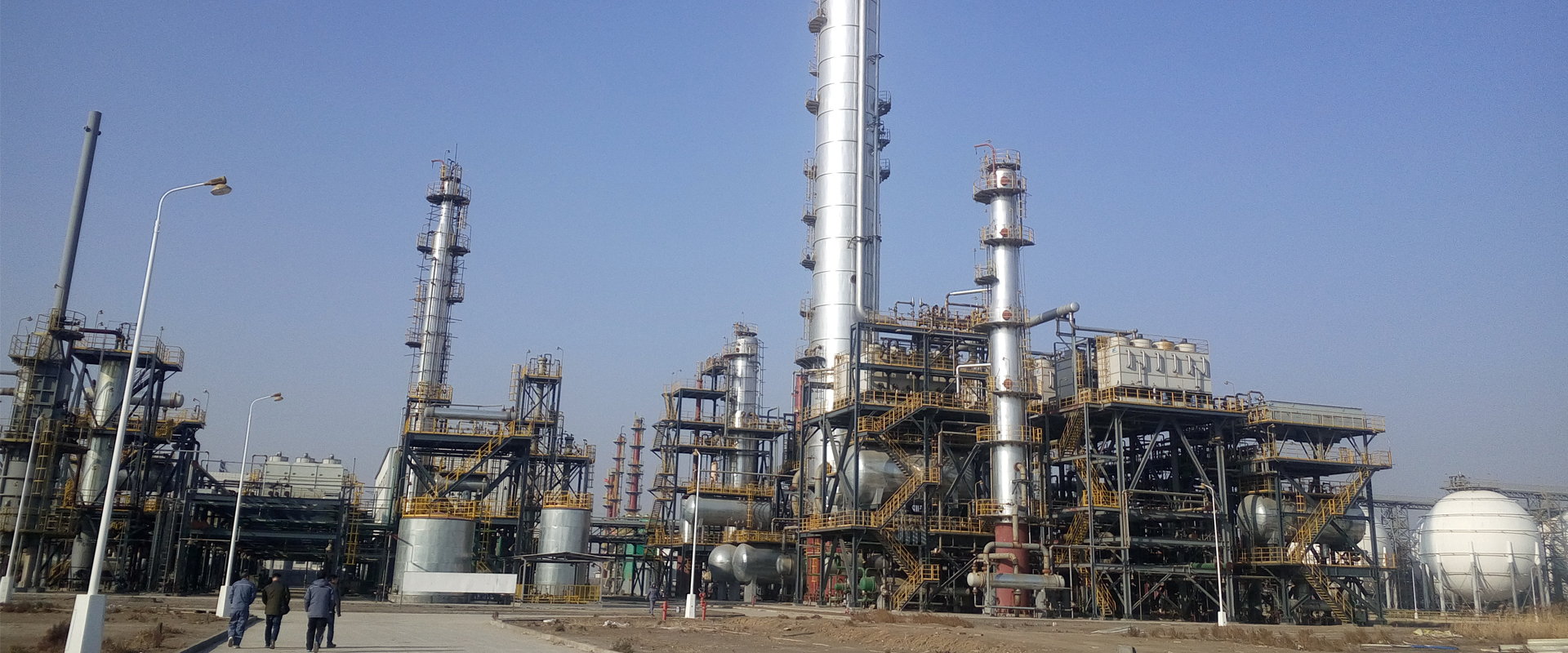
石油化工 Petrochemical industry
石油化學(xué)工業(yè),簡稱石油化工。一般指以石油和天然氣為原料的化學(xué)工業(yè)。范圍很廣,產(chǎn)品很多。原油經(jīng)過裂解(裂化)、重整和分離,提供基礎(chǔ)原料,如乙烯、丙烯、丁烯、丁二烯、苯、甲苯、二甲苯、萘等。從這些基礎(chǔ)原料可以制得各種基本有機(jī)原料如甲醇、甲醛、乙醇、乙醛、醋酸、異丙醇、丙酮、苯酚等。Petroleum chemical industry, abbreviated as petrochemical industry. Generally refers to the chemical industry that uses petroleum and natural gas as raw materials. The scope is very broad and there are many products. Crude oil undergoes cracking (cracking), reforming and separation to provide basic raw materials such as ethylene, propylene, butene, butadiene, benzene, toluene, xylene, naphthalene, etc. From these basic raw materials, various basic organic raw materials such as methanol, formaldehyde, ethanol, acetaldehyde, acetic acid, isopropanol, acetone, phenol, etc. can be produced.
了解詳情
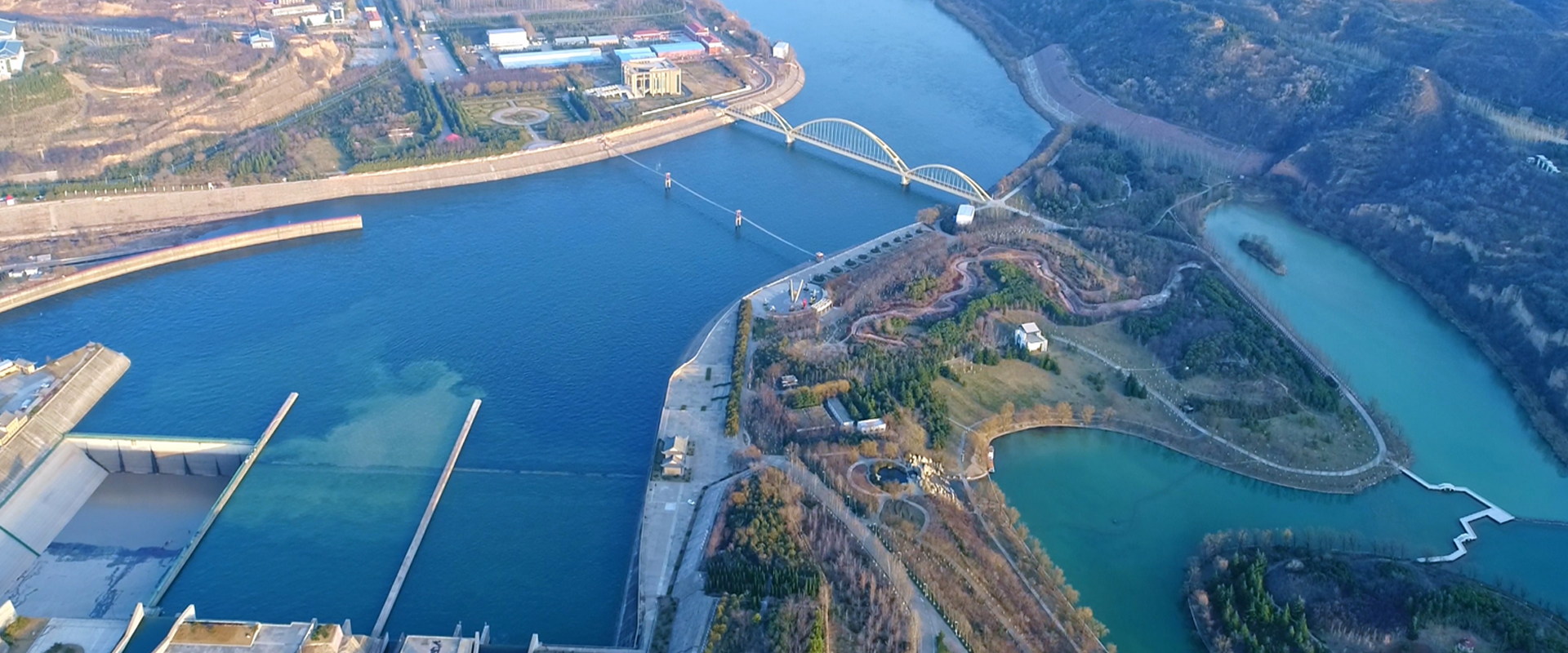
水利水電 Water conservancy and hydropower project
電力工業(yè)是支撐國民經(jīng)濟(jì)和社會發(fā)展的基礎(chǔ)性產(chǎn)業(yè)和公用事業(yè),隨著我國國民經(jīng)濟(jì)的快速發(fā)展和人民生活水平的不斷提高,對電力的依賴程度也越來越高。電力需求與國民經(jīng)濟(jì)密切相關(guān),電力彈性系數(shù)反映了用電增長速度與國民經(jīng)濟(jì)增長速度的相對關(guān)系。電力行業(yè)的強(qiáng)勁發(fā)展,也帶來了管理要求的提升,管理已不再是簡單的設(shè)備卡片和工作票管理,設(shè)備管理是一個系統(tǒng)化、完整、全面的設(shè)備全生命周期管理,管理的目的不在局限于降低成本、節(jié)省資源,更是為了提高設(shè)備利用率、延長設(shè)備使用時間,從而最終目的為企業(yè)增加效益,提高企業(yè)競爭力。The power industry is a fundamental industry and public utility that supports the development of the national economy and society. With the rapid development of China's national economy and the continuous improvement of people's living standards, the reliance on electricity has also increased. The demand for electricity is closely related to the national economy, and the electricity elasticity coefficient reflects the relative relationship between the growth rate of electricity consumption and the growth rate of the national economy. The strong development of the power industry has also brought about an increase in management requirements. Management is no longer simply the management of equipment cards and work tickets; equipment management is a systematic, complete and comprehensive equipment full life cycle management. The purpose of management is not limited to reducing costs and saving resources; it is also to improve equipment utilization and extend the service life of equipment, ultimately achieving the goal of increasing enterprise benefits and enhancing enterprise competitiveness.
了解詳情

交通行業(yè) transportation industry
交通運(yùn)輸行業(yè)擔(dān)負(fù)著客運(yùn)、貨運(yùn)等運(yùn)輸任務(wù),在現(xiàn)代經(jīng)濟(jì)社會中顯得更加重要。交通運(yùn)輸行業(yè)的資產(chǎn)主要是運(yùn)動的資產(chǎn)和相應(yīng)的場站,一般是一個公司多個線路、多個場站,運(yùn)動資產(chǎn)、線路、場站既構(gòu)成了相對的管理單元,又互相協(xié)同,完成管理、運(yùn)營、維護(hù)任務(wù)。但歸根結(jié)底還是圍繞著運(yùn)動資產(chǎn)(設(shè)備)來展開的,當(dāng)然也包括場站的維護(hù)工作,主要的管理內(nèi)容包括:點(diǎn)檢、保養(yǎng)、檢修、配件、線路、分站設(shè)施、裝備。具體行業(yè)包括公交、物流、車站、車隊、修理廠、火車站、機(jī)務(wù)段、高鐵、機(jī)場、航空公司、碼頭、船舶、遠(yuǎn)洋運(yùn)輸?shù)?。The transportation industry undertakes various transportation tasks such as passenger and freight transportation, and it becomes even more crucial in modern economic society. The assets of the transportation industry mainly consist of moving assets and corresponding stations. Generally, it is one company with multiple routes and multiple stations. The moving assets, routes, and stations constitute relatively independent management units and also collaborate with each other to complete management, operation, and maintenance tasks. However, ultimately, it still revolves around moving assets (equipment). Of course, it also includes the maintenance work of stations. The main management contents include: inspection, maintenance, repair, spare parts, routes, branch station facilities, equipment. Specific industries include public transportation, logistics, stations, fleets, repair shops, railway stations, locomotive depots, high-speed railways, airports, airlines, docks, ships, and ocean transportation, etc.
了解詳情
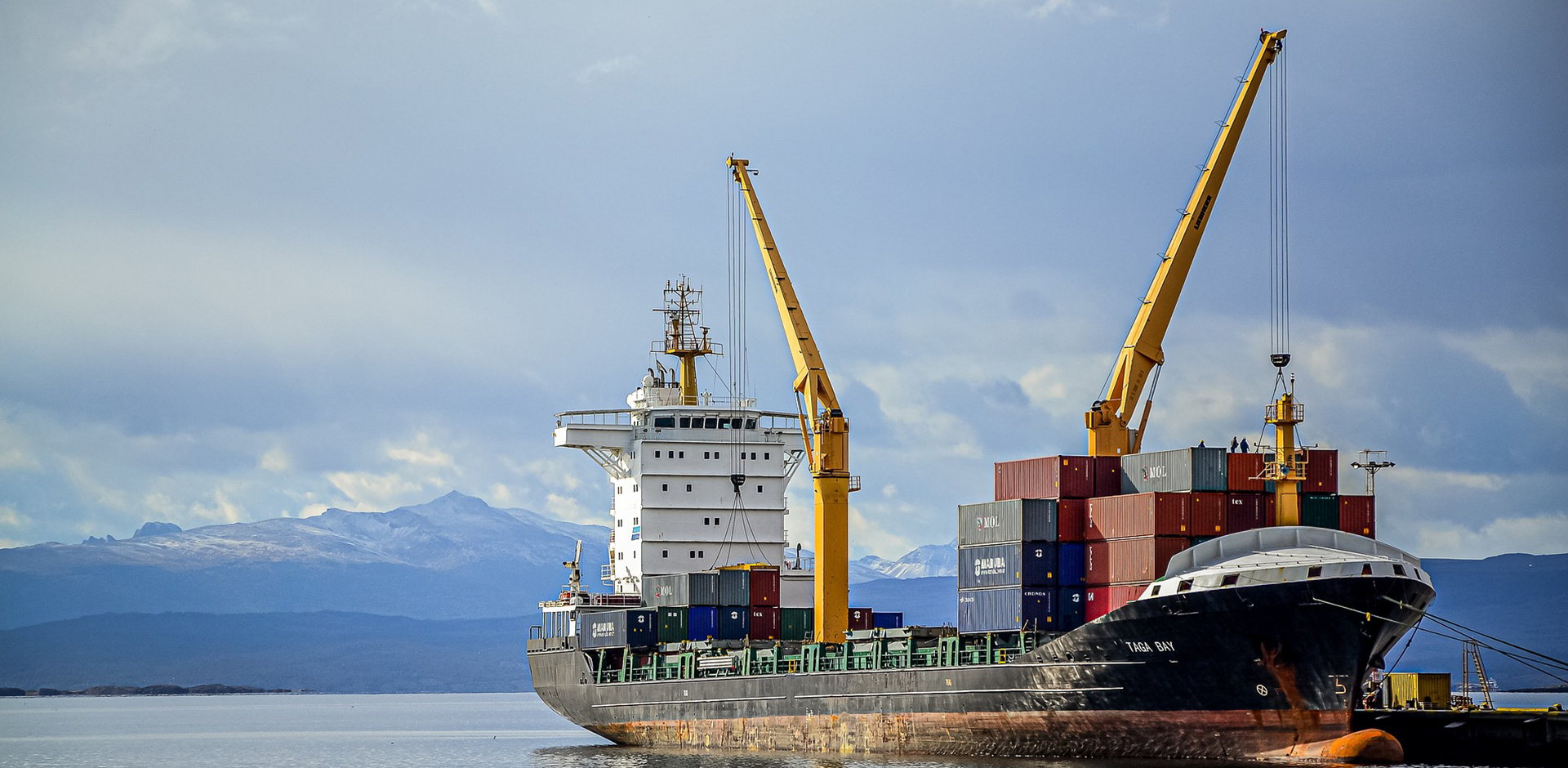
港口運(yùn)輸 Port transportation
港口物流是最近幾年才頻頻出現(xiàn)在學(xué)術(shù)研討和各類媒體上的新名詞。港口物流是指中心港口城市利用其自身的口岸優(yōu)勢,以先進(jìn)的軟硬件環(huán)境為依托,強(qiáng)化其對港口周邊物流活動的輻射能力,突出港口集貨、存貨、配貨特長,以臨港產(chǎn)業(yè)為基礎(chǔ),以信息技術(shù)為支撐,以優(yōu)化港口資源整合為目標(biāo),發(fā)展具有涵蓋物流產(chǎn)業(yè)鏈所有環(huán)節(jié)特點(diǎn)的港口綜合服務(wù)體系。港口物流是特殊形態(tài)下的綜合物流體系,是作為物流過程中的一個無可替代的重要節(jié)點(diǎn),完成整個供應(yīng)鏈物流系統(tǒng)中基本的物流服務(wù)和衍生的增值服務(wù)。Port logistics is a new term that has emerged frequently in academic discussions and various media in recent years. Port logistics refers to the utilization of the port's own advantages by the central port city, relying on advanced software and hardware facilities. It strengthens its radiation capacity for logistics activities around the port, highlights the port's specialties in cargo collection, inventory management, and distribution, based on the port's adjacent industries, supported by information technology, aiming to optimize the integration of port resources and develop a comprehensive port service system covering all aspects of the logistics chain. Port logistics is a special form of a comprehensive logistics system. It serves as an indispensable and important node in the logistics process, completing the basic logistics services and derivative value-added services in the entire supply chain logistics system.
了解詳情
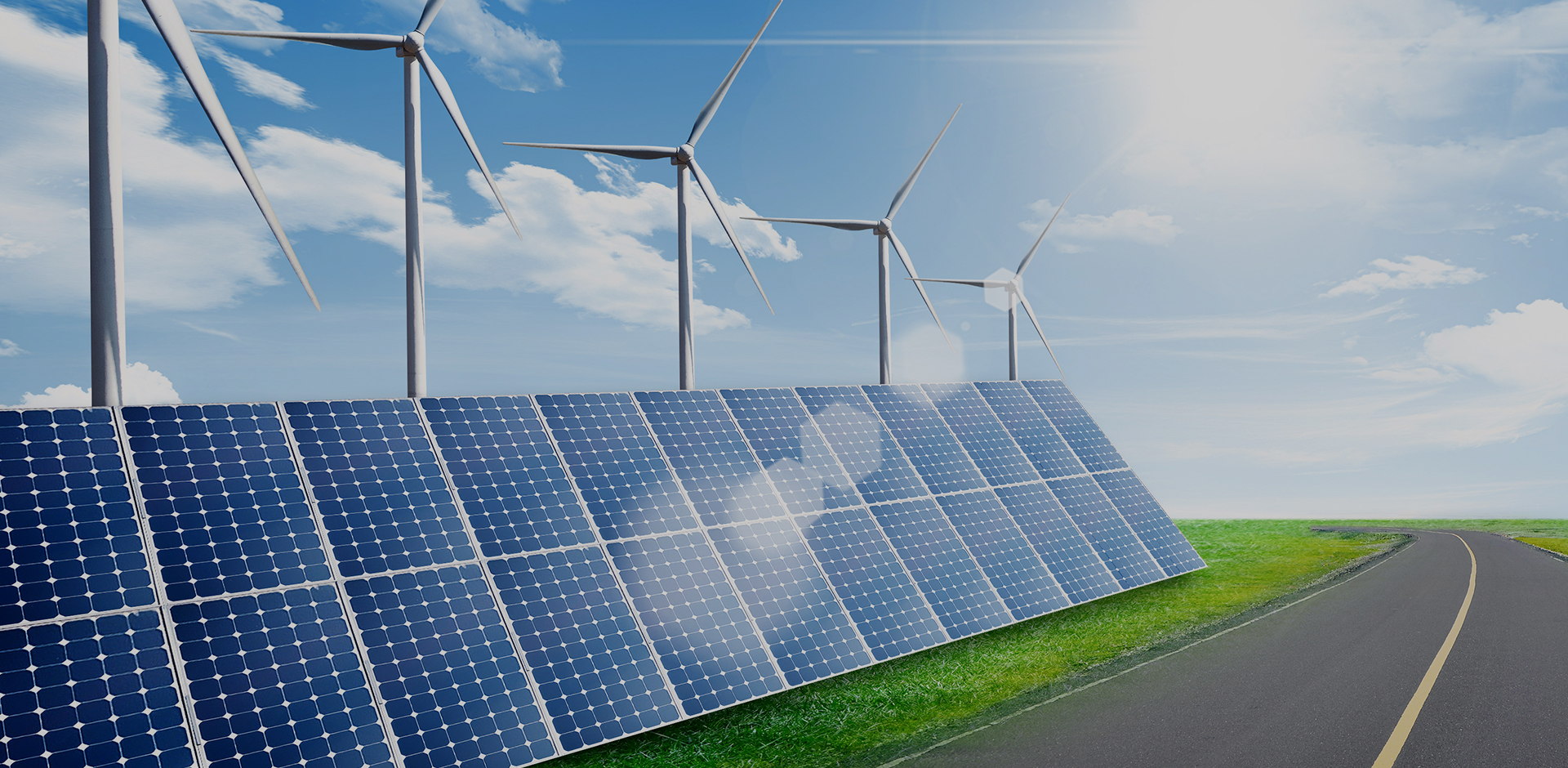
光伏新能源 Photovoltaic new energy
光伏能源是以光伏效應(yīng)為原理將太陽輻射能轉(zhuǎn)換為電能。光伏能源具有無污染、無噪聲、維護(hù)成本低、使用壽命長等優(yōu)點(diǎn),近年來得到了飛速發(fā)展。Photovoltaic energy is generated based on the photovoltaic effect, converting solar radiation energy into electrical energy. This type of energy has the advantages of being pollution-free, noiseless, having low maintenance costs, and long service life. It has experienced rapid development in recent years.
了解詳情


